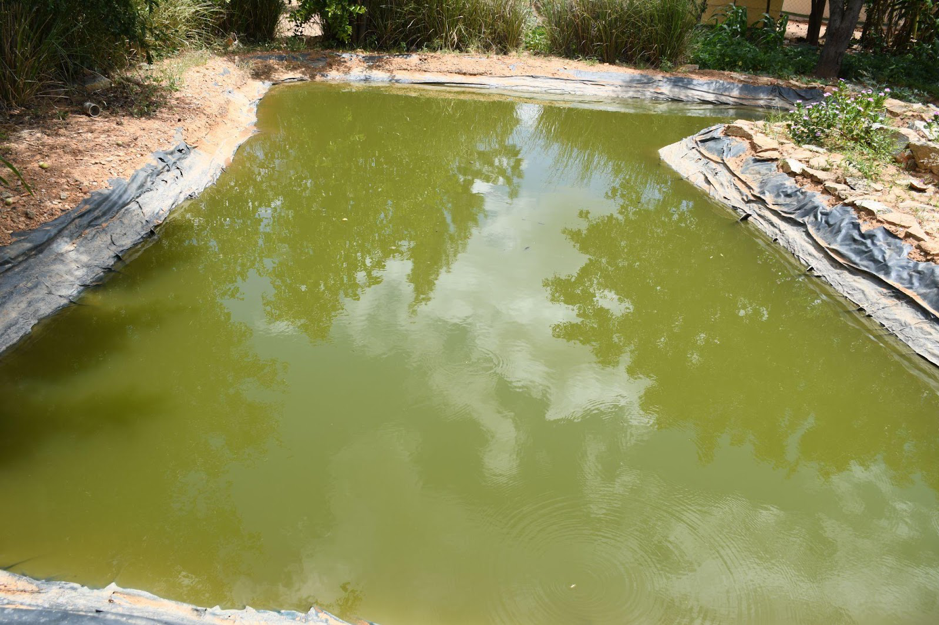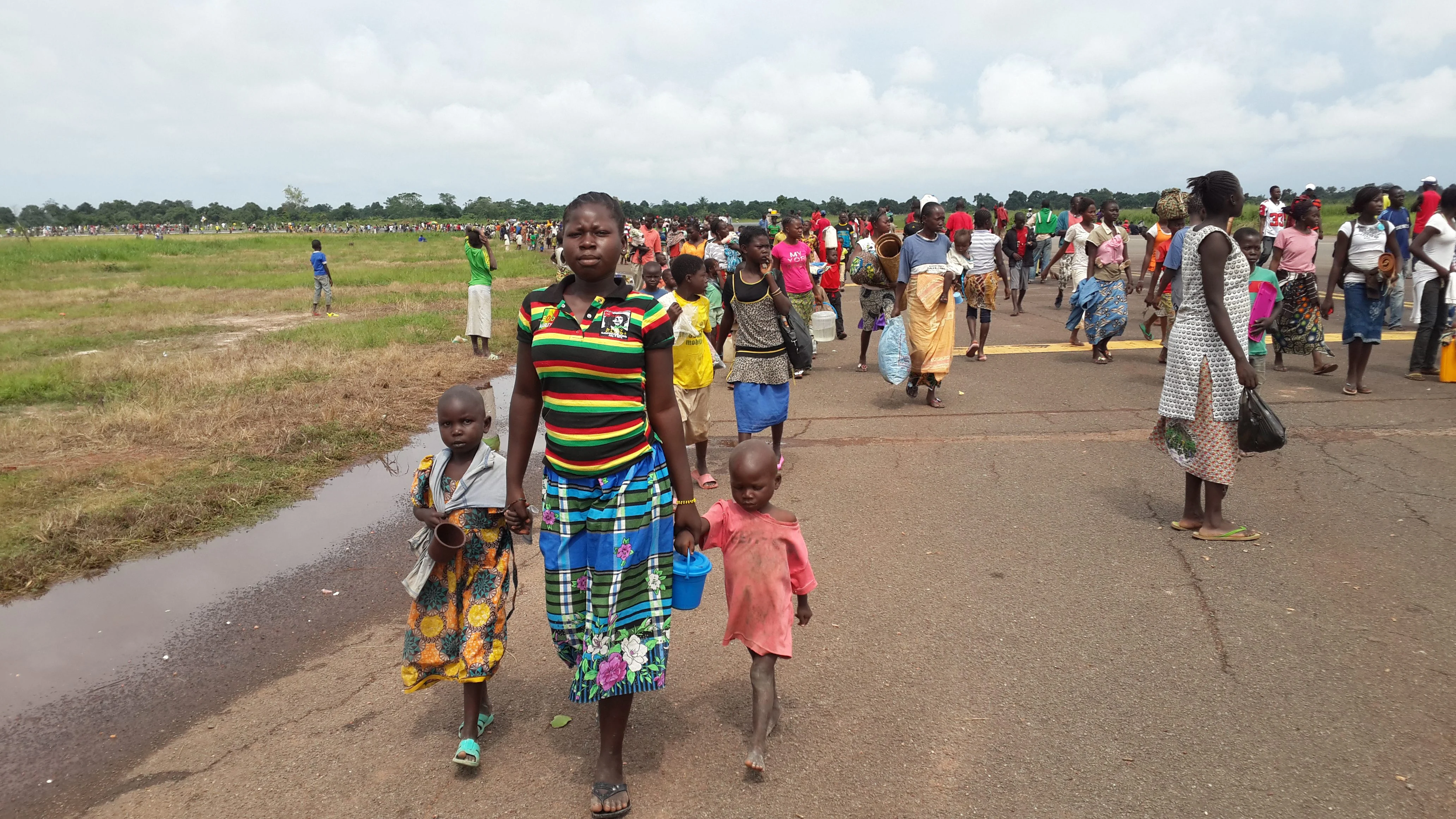
By Callisto Nhamo
Silas Moyo (34), a father of two who also lives with four extended family members says fish-farming working in synergy with poultry farming and gardening have enabled him to support his family’s financial and nutritional needs.
He says before he understood Agroecology and the concept of synergies, he struggled to provide sustainable income and food for his family.
Silas says it was the support of David Seth Foundation member, Schools and Colleges Permaculture (SCOPE) Zimbabwe, that brought relief to his family. Working with SCOPE Zimbabwe he turned his one-hectare plot into a functional agroecological system that ensures synergy among the different elements of the system.
“I have an organic garden where l produce horticultural products. I use the water from the fish ponds to water my crops and this provides proper nutrition for my plants and conserves water. The garden requires composting so I use chicken droppings to make a fertile compost for my crops,” says Silas.
Silas says ensuring that the elements of his system have synergy has strengthened the food, nutrition and income security of his family. He boasts that he started with 1 fishpond in October 2021 and now he has 4 ponds which have Tilapia fish. On average he earns USD400 in profits per pond after harvesting.
“As a father of two living with four other members of the extended family, l am under pressure to earn money so that l am able to buy my children some basic needs. Fish farming has helped me to generate income and I am happy that I am contributing towards the welfare of my family,” says Silas.
Chipo Nyamukungwa (24) the Programme Officer for SCOPE Zimbabwe says the goal of the work that her organisation is doing with farmers in ward 11 where Silas resides is to alleviate hunger.
“We are providing training to smallholder farmers like Silas so that they are able to produce food for their families. Our motto in the work we are promoting is, ‘grow your own, cook your own and eat your own,” says Chipo.
Ngonidzashe Gumbo (45) ward 11 Councillor says his ward is in one of the drought prone areas in Bikita and agroecology is contributing to the wellbeing of the community.
“I am glad to see that Silas and other farmers are partaking in different agroecological activities that are helping to alleviate food shortages in my ward. Their efforts are helping in creating healthy ecosystems in our community,” says Ngonidzashe.







